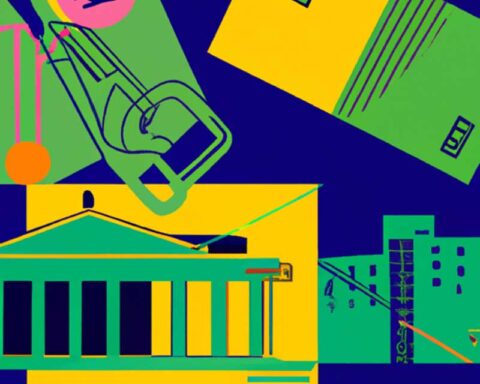TLDR:
– Banking supervision is government oversight of banks to understand their operations and manage risks.
– Federal banking supervision is carried out by the Federal Reserve, the Office of the Comptroller of the Currency, and the Federal Deposit Insurance Corporation.
In the world of banking, supervision is a crucial component of ensuring the stability and safety of the financial system. It involves government oversight of banks to understand their operations, identify major risks, assess risk management practices, and determine whether banks have sufficient financial and managerial resources. This article focuses on banking supervision at the federal level and highlights the key agencies involved in this process.
The Federal Reserve, the Office of the Comptroller of the Currency (OCC), and the Federal Deposit Insurance Corporation (FDIC) are the three main agencies responsible for banking supervision at the federal level. These agencies play a crucial role in monitoring and regulating banks to ensure their soundness and stability. State banking agencies also supervise certain banks, often in coordination with the federal agencies.
Banking supervision is not about running or managing banks; instead, it aims to assess and manage risks. Examiners from these federal agencies conduct regular examinations of banks to evaluate their risk management practices, financial resources, and overall performance. If a bank is found to have inadequate risk management or insufficient financial resources, the examiners may require the bank to take corrective action to mitigate potential risks.
The article also highlights the different types of banks that these agencies supervise, as banks may be organized under different legal charters. This diversity in bank charters leads to variations in the regulatory framework and oversight requirements for different banks. Understanding these differences is crucial for effective banking supervision.
Overall, banking supervision is a crucial regulatory function that ensures the stability and safety of the banking system. The Federal Reserve, OCC, and FDIC, along with state banking agencies, work diligently to monitor and regulate banks, assess their risk management practices, and maintain the financial stability of the banking system. By ensuring that banks have adequate financial and managerial resources, supervisory agencies contribute to the overall stability and resilience of the financial system, protecting both consumers and the broader economy.









